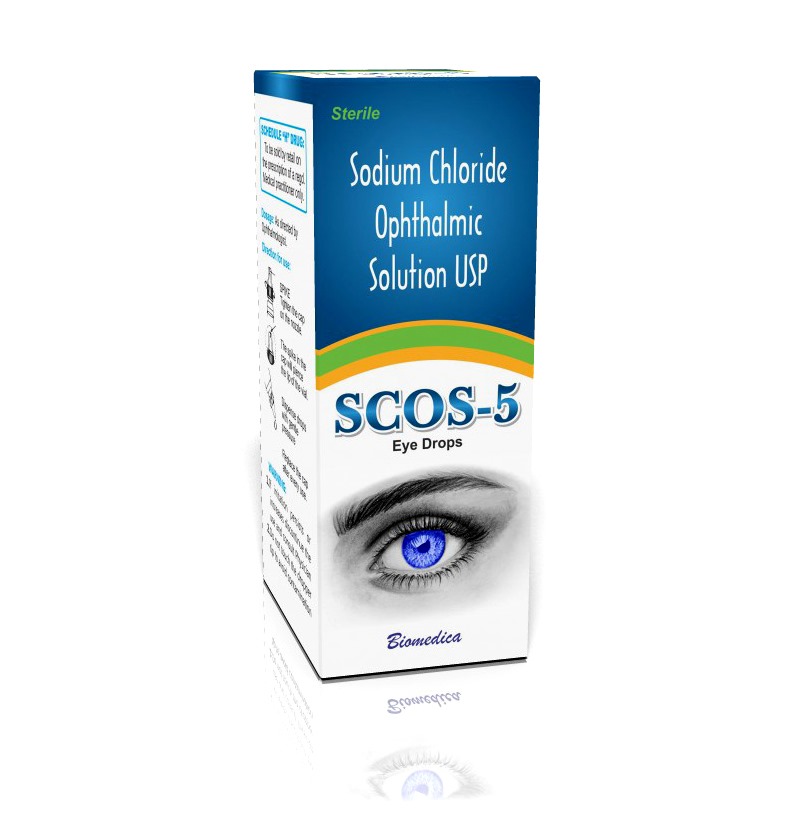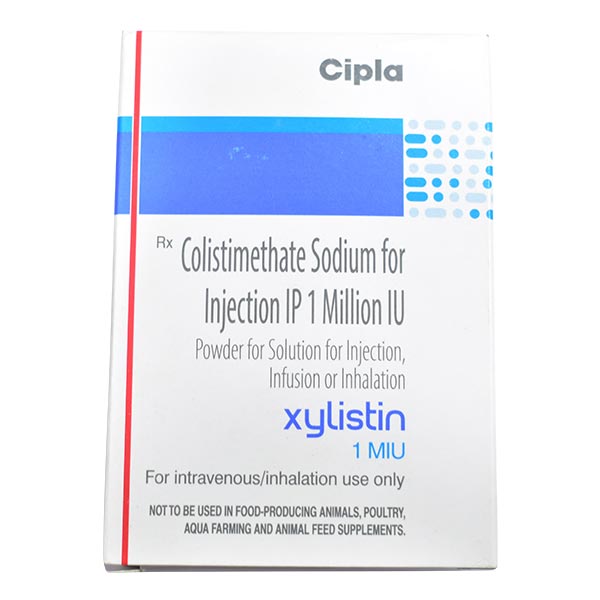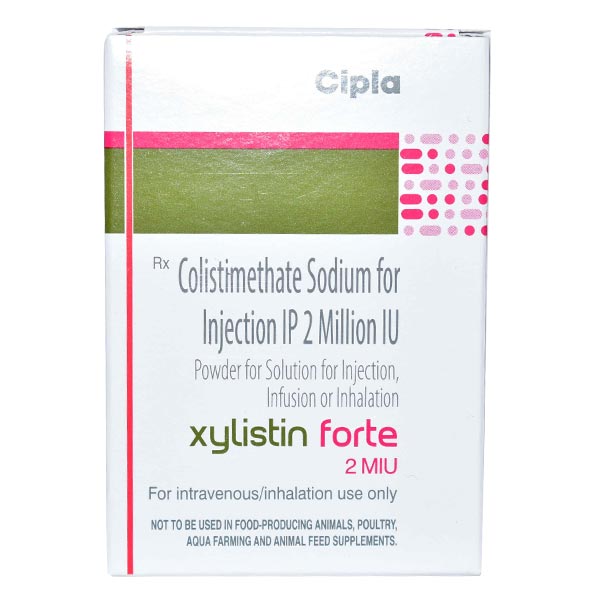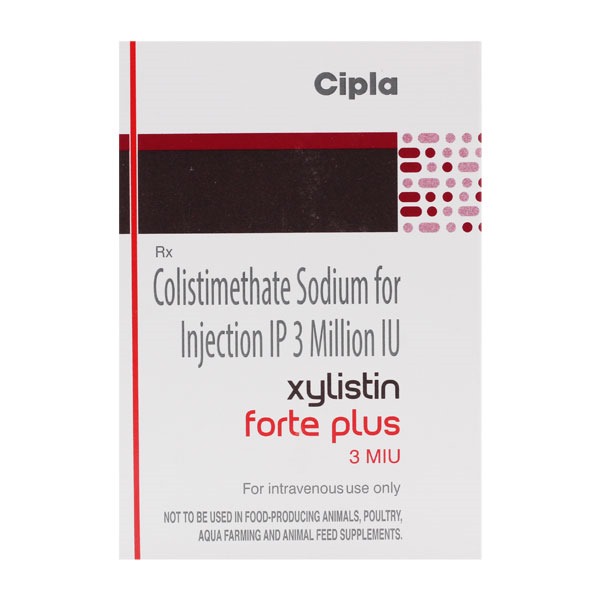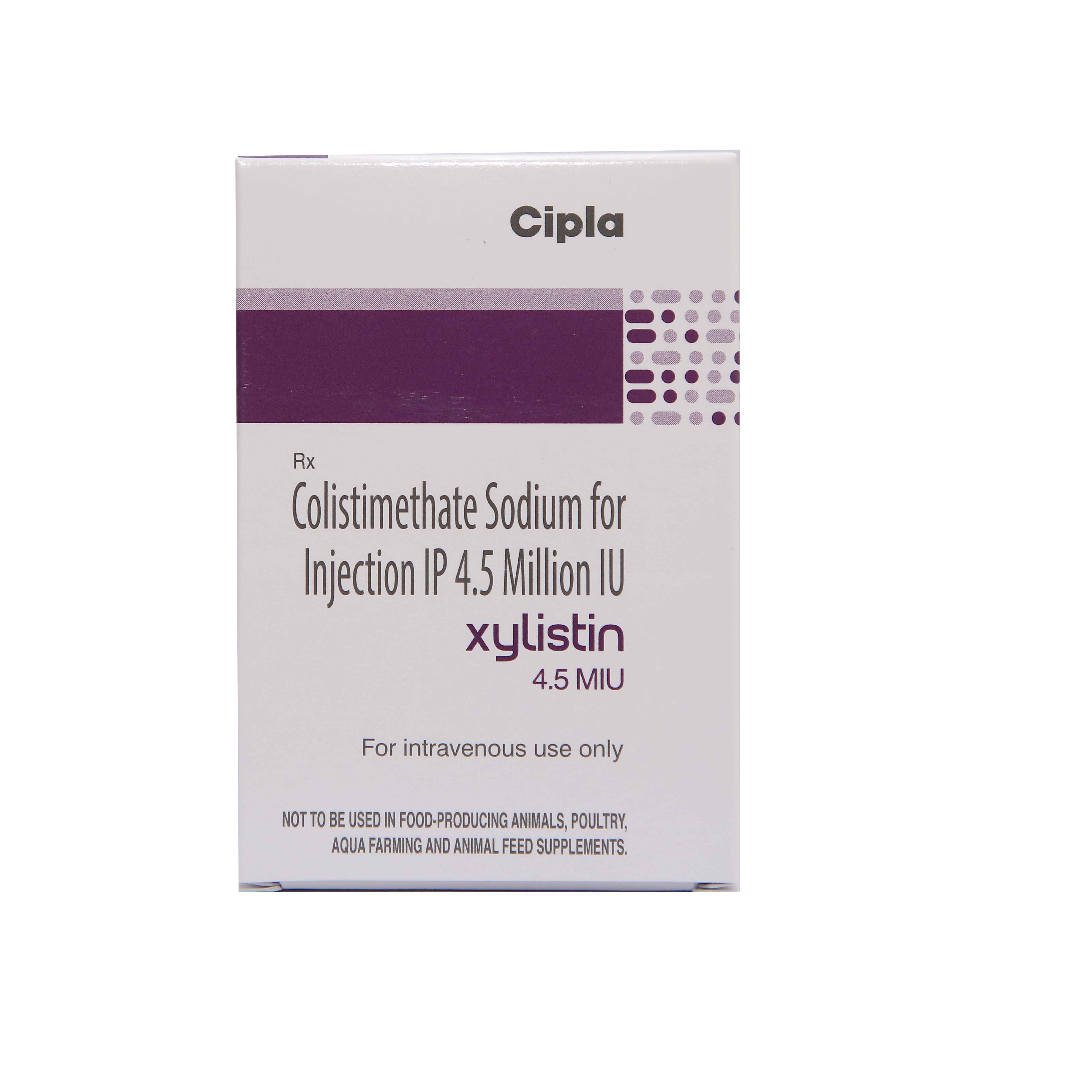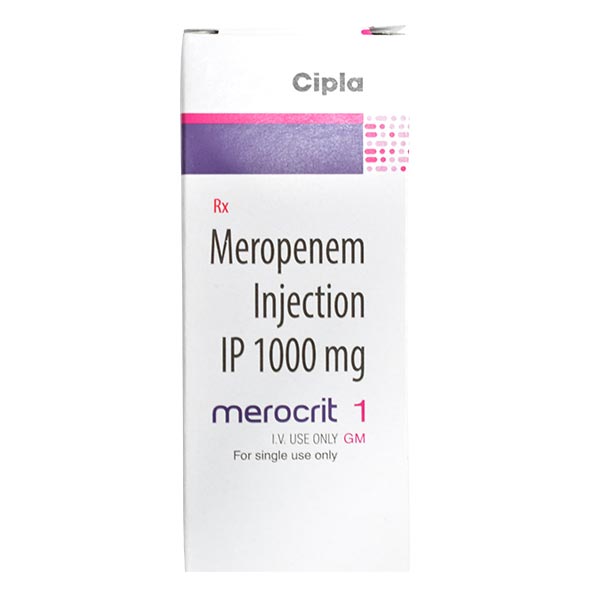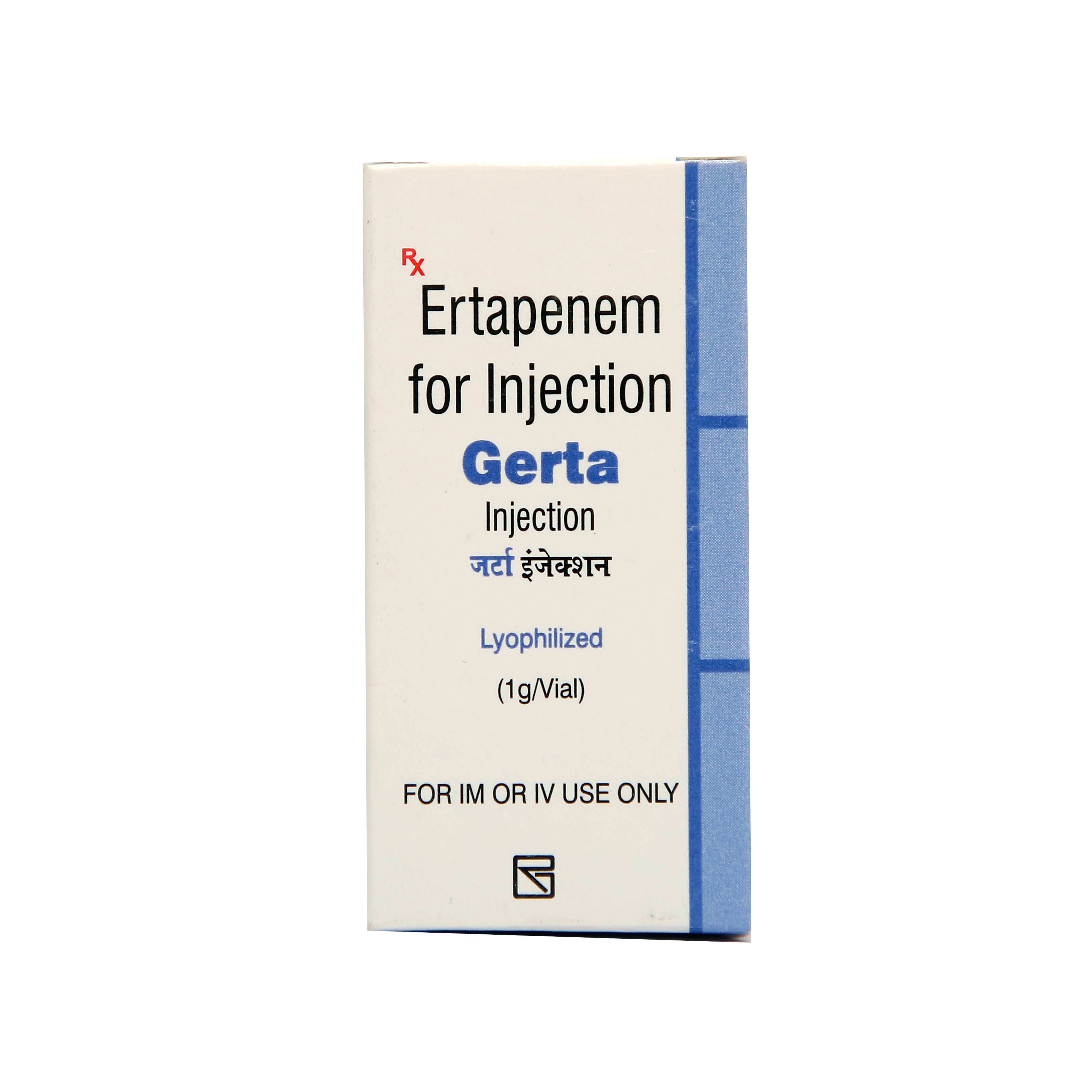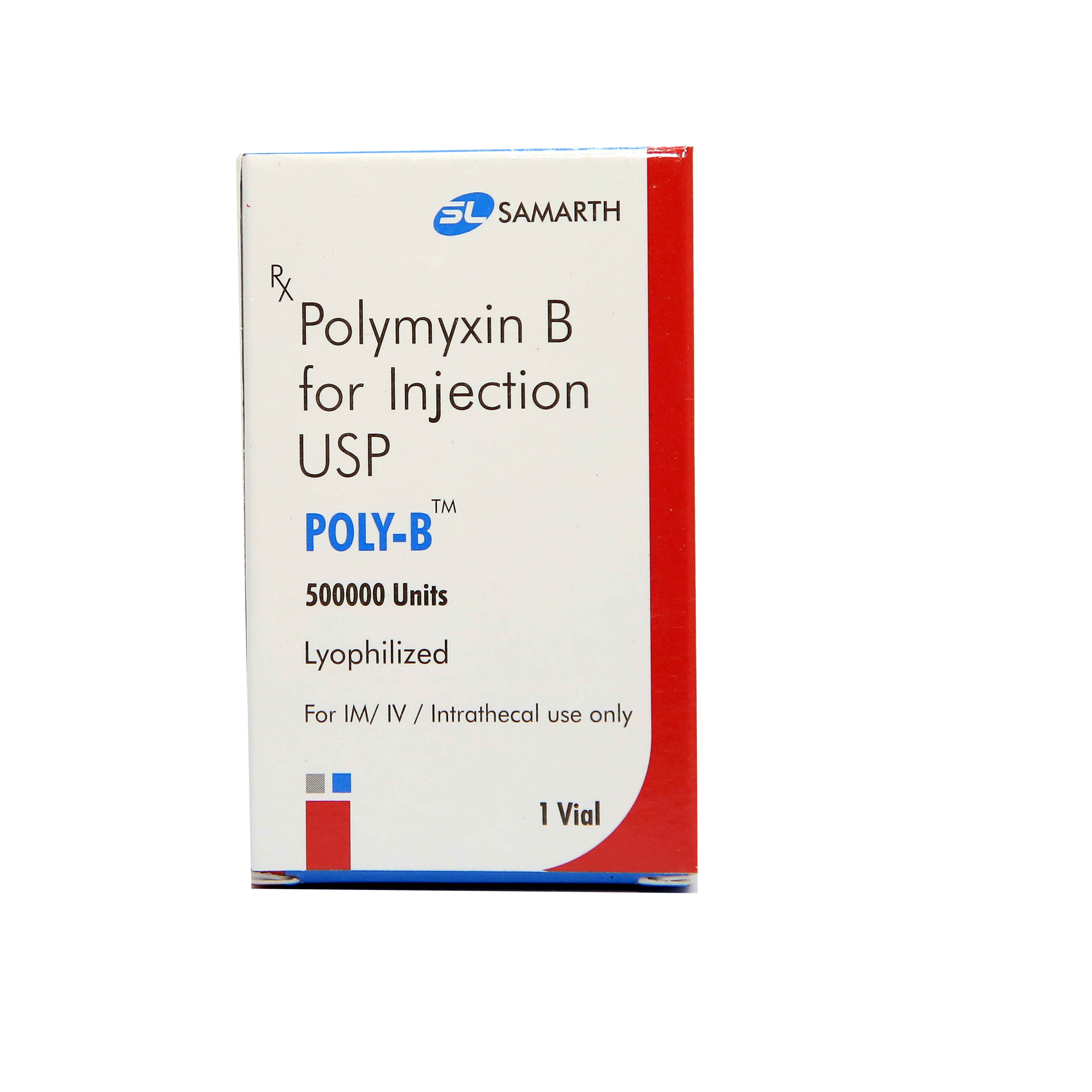SGOS-5 (Sodium Chloride 5% Ophthalmic Solution) is a hypertonic saline eye drop primarily used to treat corneal edema—a condition where the cornea swells due to fluid accumulation, leading to blurred vision and discomfort. ________________________________________ 🔍 Uses • Corneal Edema Management: SGOS-5 helps reduce swelling in the cornea by drawing out excess fluid, thereby improving vision clarity. Post-Surgical Care: It is commonly used after eye surgeries like cataract operations to alleviate corneal swelling. • Treatment of Corneal Disorders: Conditions such as Fuchs' dystrophy or bullous keratopathy, which cause fluid buildup in the cornea, can be managed with SGOS-5. ________________________________________ 💧 Dosage and Administration • Typical Dosage: Instill 1–2 drops into the affected eye(s) every 3 to 4 hours, or as directed by your healthcare provider. • Application Tips: 1. Wash your hands thoroughly before use. 2. Tilt your head back and gently pull down the lower eyelid to form a pocket. 3. Squeeze the prescribed number of drops into the pocket. 4. Close your eye and apply gentle pressure to the inner corner for 1–2 minutes to prevent drainage. 5. Avoid touching the dropper tip to any surface to maintain sterility. ________________________________________ ⚠️ Side Effects and Precautions • Common Side Effects: o Temporary burning or stinging upon application. o Mild irritation or redness. • Temporary blurred vision. • Serious Side Effects: o Persistent eye pain or swelling. o Worsening of vision. • Signs of an allergic reaction (rash, itching, swelling). • Precautions: o Use under medical supervision, especially if you have thyroid disorders. o Not recommended for use in infants under one month of age. o Avoid concurrent use with other antiseptic eye drops containing mercury-based preservatives or sodium thiosulfate.
Send Message